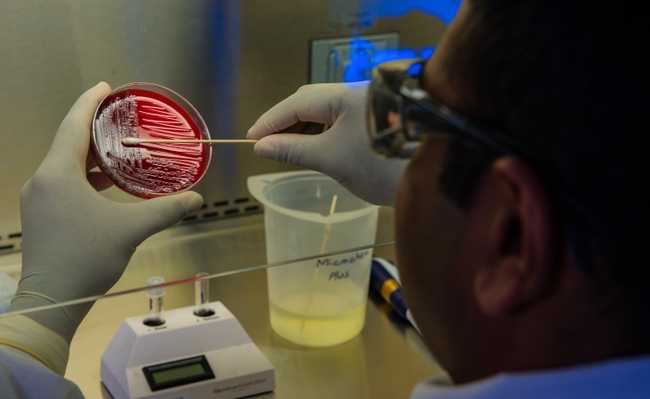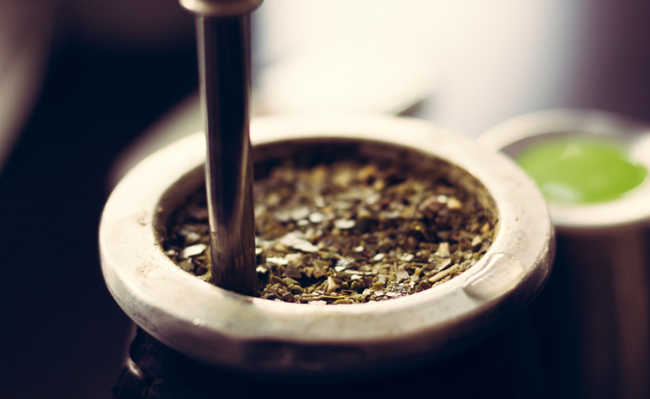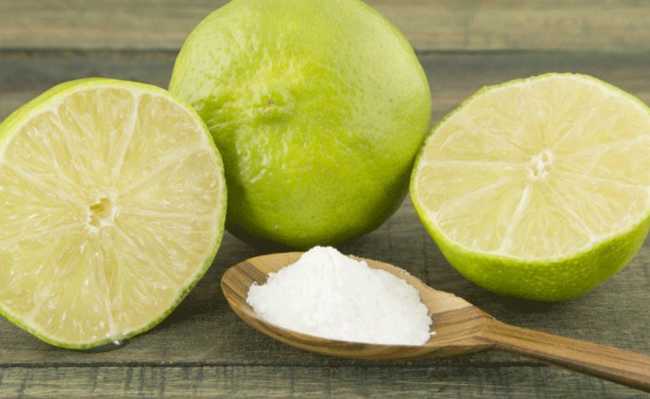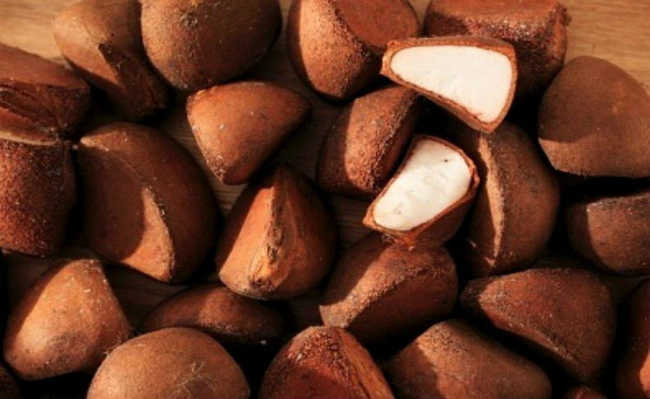Kelp: kelp has great nutritional power
The kelp alga is a great ally of the organism and can bring several benefits

Kelp , also known as laminarial , is a class of marine algae with excellent nutritional properties and capable of providing several benefits for human health and for crops, as they also work as a natural fertilizer. The kelp alga belongs to the class Phaeophyceae, which reproduces at an astonishing speed.
Much of the food benefit and effectiveness as a fertilizer are due to the minerals present in kelp algae. Kelp is rich in trace elements such as iron, vanadium, silicon, zinc and boron. Just to give you an idea, there are more trace elements in kelp than in unrefined sea salt.
Some of these minerals are rarely found in the human body, despite their great importance for our development. Certain components present in kelp algae can even be used as medicinal sources. Iodine, for example, present in high concentration in kelp, is used to combat the development of thyroid diseases.
As it should be, kelp algae are also important allies for vegetarians, as they have vitamin B12 in the same proportion as that found in animal liver, which makes it efficient in food. Kelp also has vitamins C, E, K and D.
- Vitamins: types, needs and times of intake
To get a sense of how fast laminarial algae can grow, kelp can grow up to half a meter a day, so it's not difficult to find a kelp forest - it can grow up to 90 meters in height. and these forests can be found in the shallow waters of most of the world's oceans.
The high sugar content present in kelp makes it even a viable source for the production of alcohol for fuel. It can also be used as a supplement for humans and animals and, as a fertilizer, the seaweed replenishes minerals and stimulates the growth of microorganisms.










